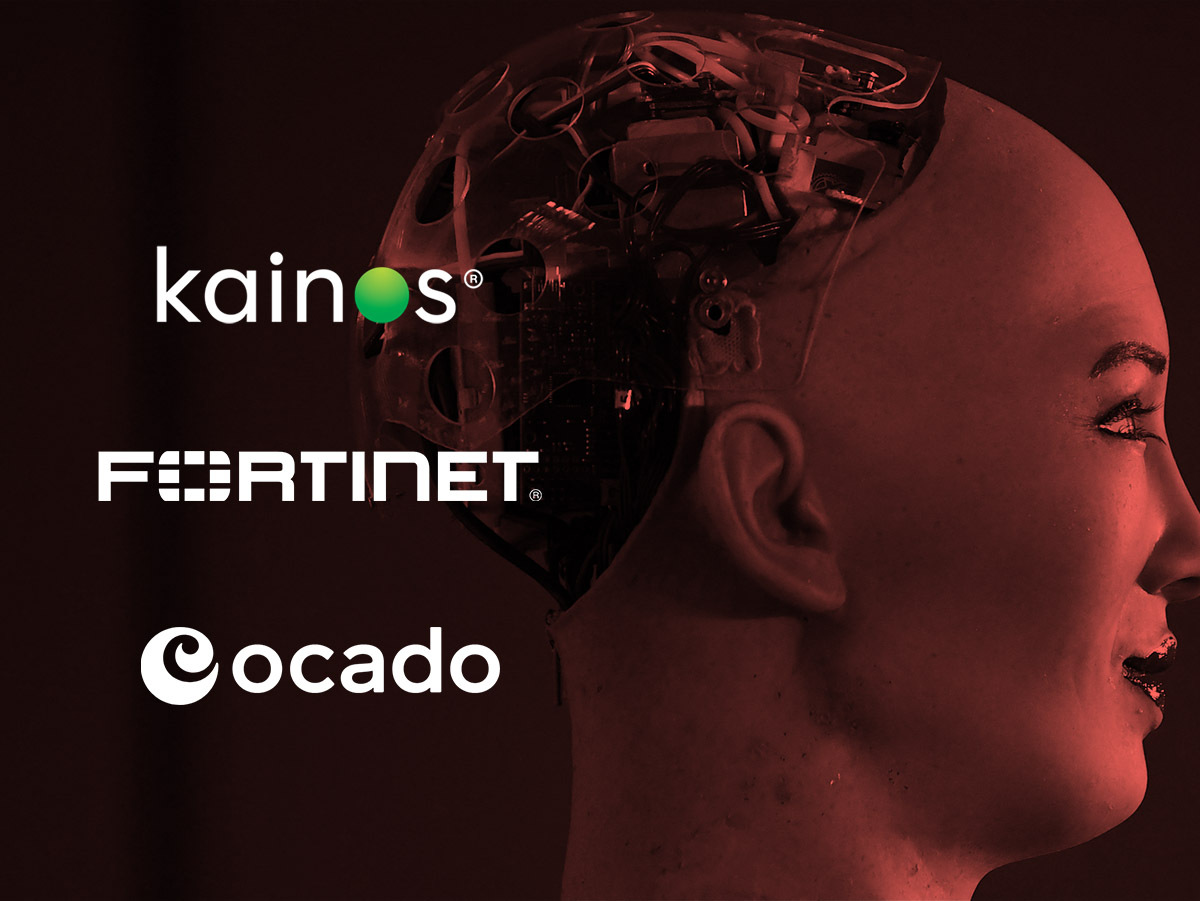As technology continues to evolve, artificial intelligence is likely to play a more and more important part in our lives. Ocado, Fortinet and Kainos are three companies from different industries that have all been investing in the development of reinforcement learning technology.
Online retailer Ocado [OCDO.L] may not seem to have much in common with cybersecurity firm Fortinet [FTNT] and digital transformation specialist Kainos [KNOS.L]. Yet all three are a play on artificial intelligence (AI).
One of the keys to how AI is transforming the way we live and work is reinforcement learning: the training of machine learning models to make sequences of decisions.
“Companies such as Netflix [NFLX], Spotify [SPOT] and Google [GOOGL] have started using it, but most businesses lag behind. Yet opportunities are everywhere. In fact, any time you have to make decisions in sequence – what AI practitioners call sequential decision tasks – there’s a chance to deploy reinforcement learning,” Kathryn Hume, interim head of Borealis AI, the machine learning research lab at the Royal Bank of Canada, wrote in analysis earlier this year.
Many companies will need to invest heavily in their digital transformation strategies in order to put the systems and processes in place to make reinforcement learning work, according to Hume. Done correctly and the gains can justify the costs.
Smart pickers to help Ocado grab market share
Back in January, Ocado unveiled a range of new technologies, including lighter and faster robots as well as more advanced grocery prickers. According to CEO Tim Steiner, reported The Guardian, these will be a “game changer” that will help the company to deliver a “compelling immediacy proposition”.
The grocery pickers will use reinforcement learning, along with machine vision, to pick and pack products more quickly, efficiently and, as a result, more cost-effectively. The pickers will be able to grab and pack thousands of different product lines of all shapes, weights and sizes without needing prior knowledge.
The company hopes that such technologies will help it to eat into the grocery delivery market share, which is being gobbled up by a host of startups including Getir, which was valued at $11.8bn in March following a Series E funding round.
The coronavirus pandemic tailwinds that propelled the Ocado share price to as high as 2,914p have died down. Although the stock has fallen 56.1% year-to-date to 736p at the close on 26 July, it’s recovered since setting a 52-week low of 691.6p on 12 May.
Fortinet is a potential ‘safety blanket’ play
Fortinet enhanced its AI product offering with the launch of FortiNDR earlier this year. It uses self-learning and deep neural networks to identify cyberattacks based on network activity. The AI capabilities mean it can detect, respond to and stay ahead of potential threats.
Shares in Fortinet completed a five-for-one stock split towards the end of June. This can be a catalyst for the stock, according to Wedbush analyst Dan Ives. In a note to clients seen by MarketWatch, he said that “[i]n a jittery macro and market backdrop, we view cyber security as a ‘safety blanket’ tech sector.”
Ives raised his target price on the stock from $68 to $76, which implies an upside of 35.1% on the 26 July closing price of $56.26. The stock is down 21.7% since the start of 2022.
Strong top-line growth at Kainos
The demand for digital transformation has been a boon for Kainos. The Belfast-based company, which debuted on the London Stock Exchange’s main market on 10 July 2015, is continuously looking for new ways to use AI and reinforcement learning to improve customers’ business processes.
Top-line growth was strong in the 12 months to the end of March as Kainos continued to benefit from the need to digitise businesses. Digital service revenue was up 24% to £200m, while its partnership with Workday [WDAY] brought in £103m, a rise of 41% year-over-year. One of the best performing sectors was healthcare.
“But this strengthening revenue growth has not filtered all the way through to profit and cash flow growth,” cautioned Investors’ Chronicle. Pre-tax profit rose 3% to £58.8m.
The Kainos share price is down 36.4% since the start of the year. It recovered from falling to a 52-week low of 954.5p on 16 June to close 27.6% higher on 26 July at 1,218p.
Continue reading for FREE
- Includes free newsletter updates, unsubscribe anytime. Privacy policy





